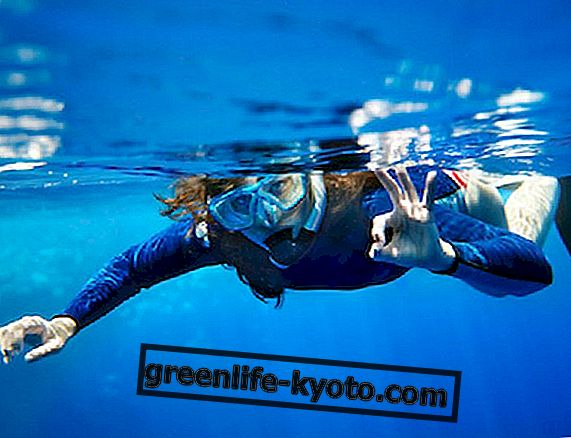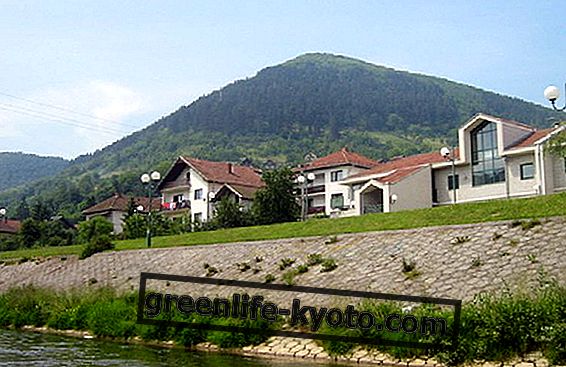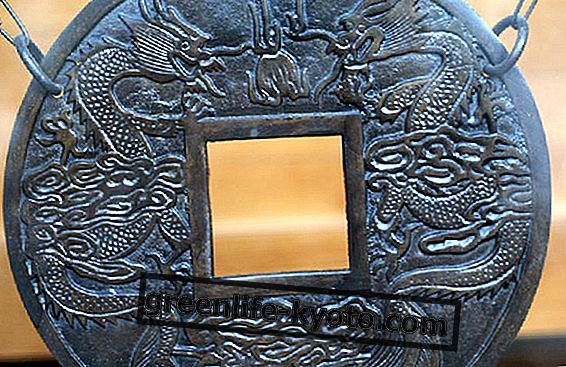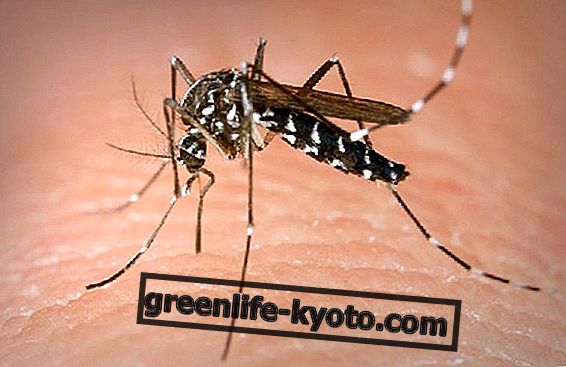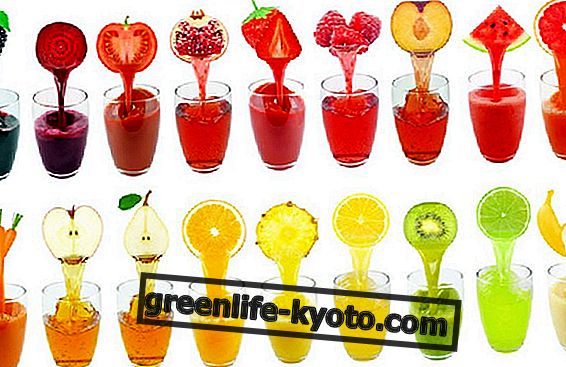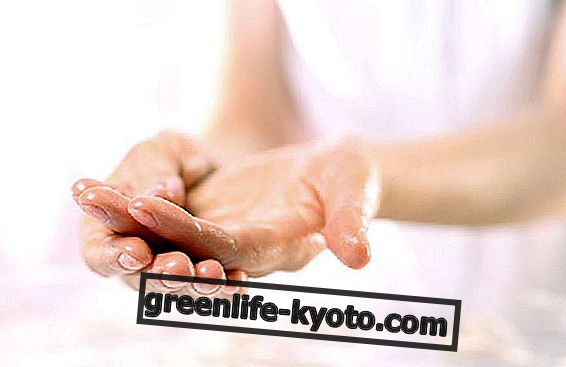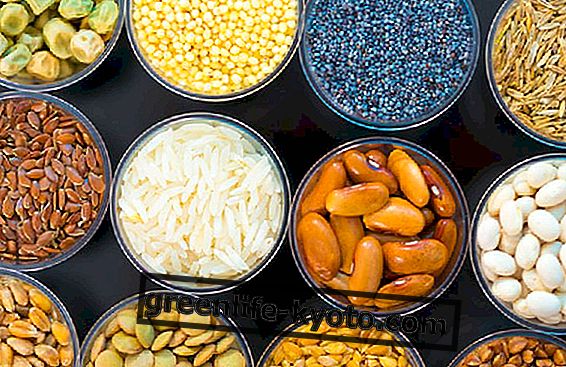
According to Shelton's naturopathic hygienist school, vitalism is the body's ability to activate its own internal resources to quickly heal itself and accelerate the healing and recovery processes after moments of illness or particular physical, emotional and mental overload.
Vitalism is an intelligence of the body able to restore balance in the interest of the survival of the internal organism. According to Shelton, and unlike what we think, a sign of good vitalism is the onset of the symptom and the imbalance, because it indicates that the body has enough energy to heal and face moments of internal difficulties.
Therefore the symptom, according to hygienist naturopathy, is not an enemy to be suppressed, but a signal to listen to. The symptom is only the visible tip of an iceberg under which the real causes of the disease exist, submerged.
According to Shelton there are 10 laws of the vital relationship, thanks to which it is possible to understand how vitalism works and how to best use natural remedies .
The 10 laws on Shelton's vitalism
law of self-preservation : according to this first law formulated by Shelton there exists in nature and in every living organism, a probiotic force that works, incessantly and constantly, to defend and protect life. For Shelton, understanding this primary law of vitalism makes it possible to recognize the body as an apparatus capable of tracing and intelligently tracing the road to healing and balance, and also allows us to be in a position not to hinder its work;
the force of life is internal to life itself : life produces, within itself, the strength necessary to perpetuate life and to reproduce it: nothing that has died can reproduce life, be it food or natural remedies;
law of action : a good vitalism is characterized by the ability to act; for this reason also the symptom is seen as a sign of a good vitalism, because it moves the energies inside the organism to make the signal of discomfort and imbalance rise, calling attention to what is not good;
law of selective elimination : the body has the ability to eliminate spontaneously and autonomously what is not necessary at that moment: an example is vomiting and dysentery in case of indigestion or food poisoning;
law of the double effect : every stimulation, if prolonged in time, produces an opposite effect to the initial one: this law is linked to the law of the pendulum in traditional Chinese medicine, according to which the excess of a polarity leads to the opposite polarity; an example is the use of cold compresses in cases of heat stroke or fever: the momentary cooling is followed by a recall of the heat in the area where the cold tablet was applied;
law of the special economy : the body in conditions of equilibrium stores energy to be used in cases of fatigue or imbalance; these energies must be maintained for cases of real emergency, and not wasted;
law of vital distribution : the organism distributes, in normal conditions, equitably the energies in order to carry out the vital functions of every apparatus and organ; in cases of imbalance the organism sacrifices some functions to the advantage of others of priority importance, an example is the occasional lack of appetite and hunger in cases of fever: the body, engaged in the resolution of the pathology, sacrifices intestinal functions and digestive to solve more urgent needs; recognize and respect these priorities which, intelligently, are suggested by the body, allows a more rapid recovery of balance;
law of limitation : this law is a consequence of the previous one, at a more serious level; according to this law, the body triggers waste systems against the level of vitality: an example is cough and breathing difficulty in cases of smoking poisoning and nausea and vomiting in cases of food poisoning or indigestion;
law of adaptation : by connecting to the first law of self-preservation the body, subjected to external stimuli, adapts to compromising its balance; this law is also valid in negative cases: it must always be kept in mind that every adaptation sends signals of imbalance that must be listened to and respected;
law of the humoral concept : according to the humoral concept, imbalances on each level, both physical and mental and emotional, are the result of an imbalance between income and expenditure: if what enters (food, air, water, impressions, emotions, feelings) it is not adequately metabolized and then eliminated, overloads are created for the disposal of which the binomial body-mind is called upon to perform a surplus of work that short-circuits the whole system, according to the previous laws. To help the body eliminate it is therefore necessary, mainly, to reduce the revenue rather than to integrate with what is good, going to further overload a system already flooded and in difficulty.
